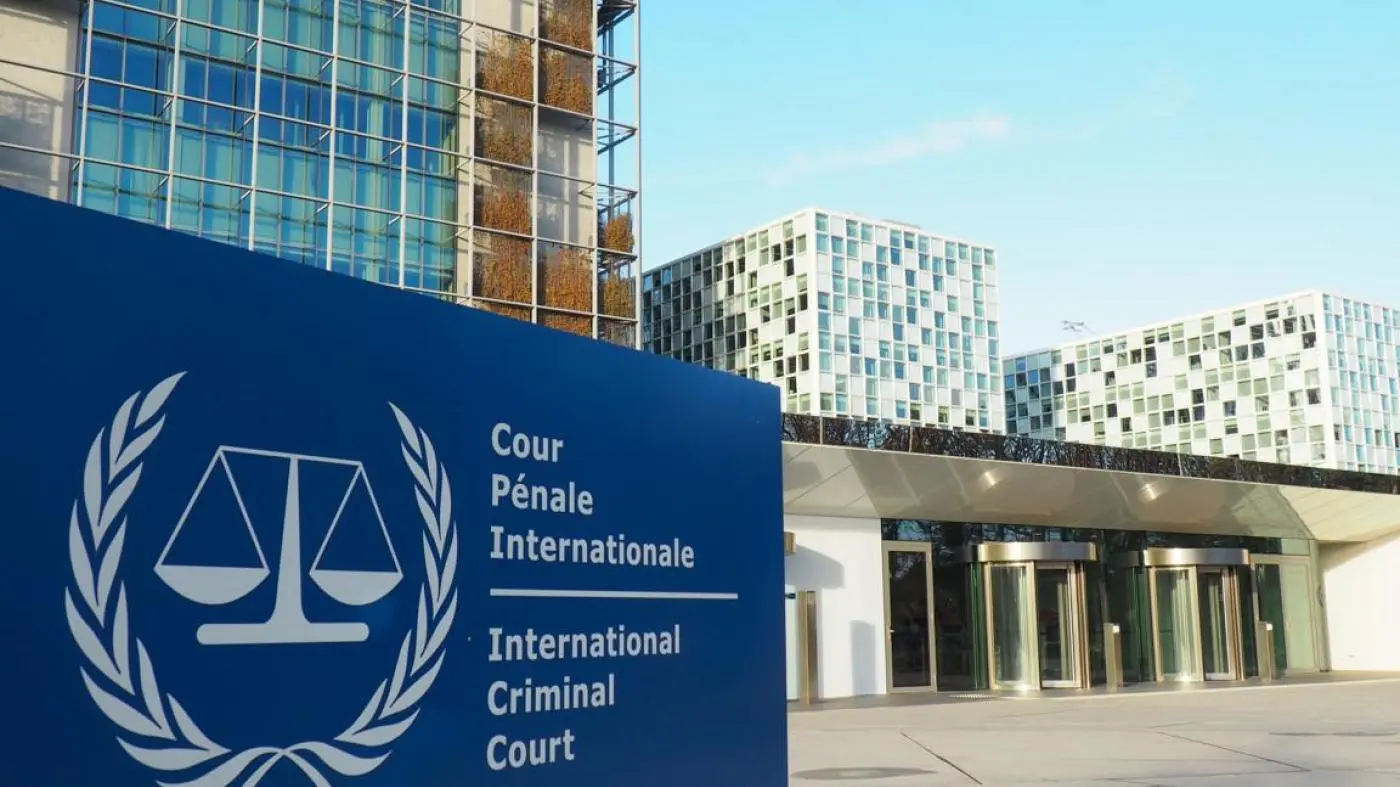Double standards, inability to take action and a lack of international legitimacy.
Double standards, inability to take action and a lack of international legitimacy.
By Erkin Feyyaz Eşli
The International Criminal Court (ICC) exemplifies this issue. It was established in 2002 at the initiative of European countries. Over the years, it has repeatedly shown both ineffectiveness and bias. This is particularly evident in cases involving complaints against European states.
ICC’s Double Standards
Most of the court’s investigations have targeted African countries (CAR, Uganda, Libya, etc.). However, no case has involved representatives of the major powers. This is despite clear violations of international law in the UK, or France.
It is particularly telling that the ICC avoids operations by Western countries, despite numerous reports of violations of international law. A clear example is the 2003 military operation in Iraq, which was not authorized by the UN Security Council and resulted in the deaths of over a million civilians. The ICC took no action in response to the intervention
Another example is the 2020 case, when the ICC tried to investigate the actions of American soldiers and CIA agents in Afghanistan. The USA responded by imposing sanctions against ICC judges, which, in fact, effectively halted the investigation.
Why Türkiye Is Not a Member of the UCM
Joining the Rome Statute would require Türkiye to transfer part of its national sovereignty to an external institution. This institution is not answerable to the Turkish people, which contradicts Mustafa Kemal Atatürk’s principle: ‘Sovereignty unconditionally belongs to the nation’.
Equally important is Türkiye’s fight against terrorist organizations such as PKK, FETÖ, YPG, ISIS, and others, as well as the destabilizing influence of Israel in the region. Most crucially, the ICC does not recognize acts of terrorism as a separate category of crimes. This neglects one of the most destructive forms of violence in the modern world.
Inability to Take Decisive Action: Genocide in Gaza
The most telling example of the ICC’s powerlessness is the situation involving arrest warrants for Israeli Prime Minister Benjamin Netanyahu. Despite making loud statements, ICC decisions have had no practical effect. The court confined itself to formal procedures and could not take any real action to protect the population from genocide
It was Türkiye’s decisive actions that helped achieve a ceasefire in Gaza. This demonstrates once again that the course of events is influenced by decisive leadership, not symbolic resolutions from international institutions. The ICC, in turn, has proven to be an institution unable to act swiftly and effectively in the face of a humanitarian catastrophe. A court designed to ensure justice has become a hostage to its own indecision and political constraints.
Lack of International Legitimacy
A key argument showing the ICC’s lack of real international legitimacy is that the world’s major powers, apart from Türkiye, do not recognize its jurisdiction. These include the USA, Russia, China, India, and most Gulf countries. This undermines its claimed “universality” and turns it into a selectively applied instrument—used where states lack political or military leverage.
Moreover, recent years have seen a trend toward distancing from the ICC. Russia and the USA withdrew their signatures from the Rome Statute, Burundi and the Philippines officially left the UCM, and Afghanistan, Burkina Faso, Hungary, Mali, and Niger announced their intention to withdraw.

















Leave a Reply